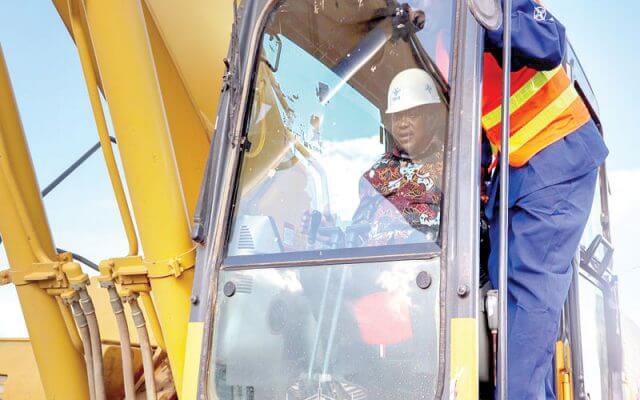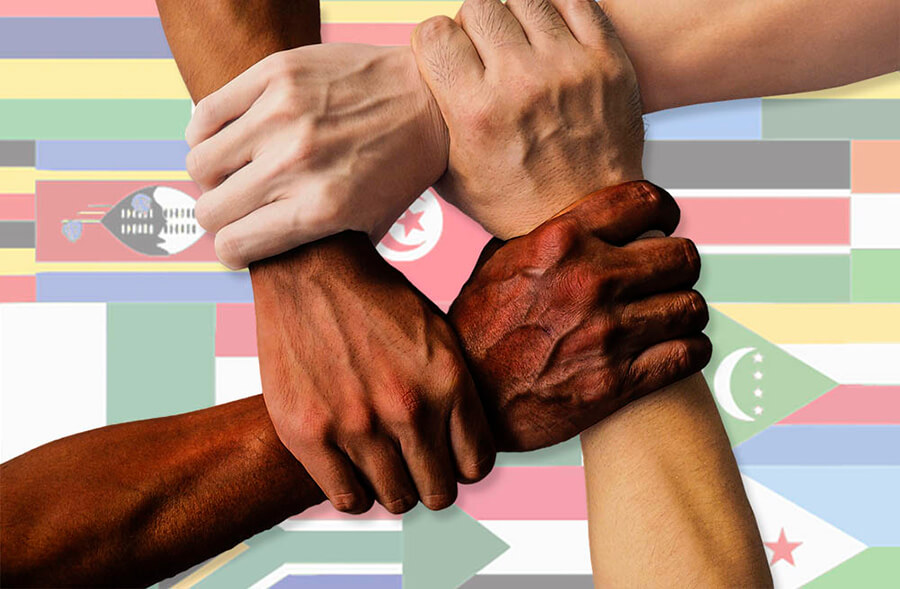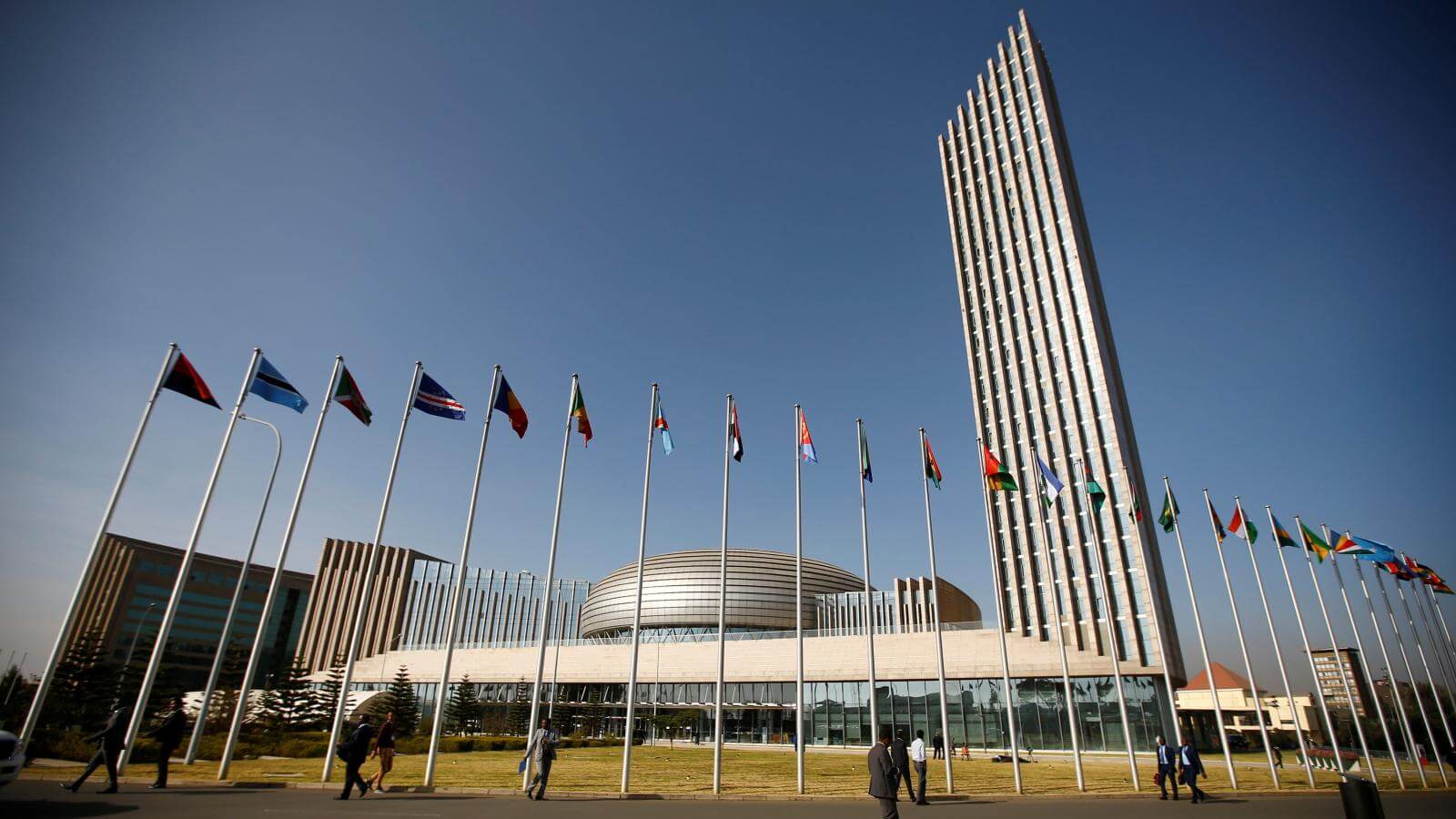Plans by the government to transport all transit cargo from the Port of Mombasa to Naivasha Inland Container Depot (ICD) through the Standard Gauge Railway (SGR) effective June 1, have elicited protest from road transporters. They have termed the move as a deliberate plan by the government to “kill” the economy of Mombasa. Last Friday, the government directed that all transit cargo be moved and cleared at the Naivasha ICD for delivery to Uganda, Rwanda and South Sudan. Kenya Transporters Association (KTA) chief executive Dennis Ombok accused the government of overlooking them during decision making on cargo transport matters. The government said in a statement on Friday 22, that some of the cargo will be moved on the old metre-gauge railway directly to Tororo in eastern Uganda or Kampala, while fuel will be transported by pipeline to Kisumu, Kenya and thereafter by water through Lake Victoria to Portbell in Luzira, Kampala or Jinja. Ombok dismissed the government’s claims that transporting cargo by railway is cheaper than using trucks. He made the remarks during a joint briefing convened by Muslim for Human Rights (Muhuri) in collaboration with Okoa Mombasa lobby group. Hidden costs “The government does not want to tell the public the hidden costs of using the SGR to ferry containers. If Uganda says its comfortable with cargo going by road, why is the government forcing this mandatory cargo transportation through SGR?” posed Ombok. Now, the Kenya Long Distance Truck Drivers Association (KLDTDA) has threatened to mobilise its members to...
Truckers up in arms over cargo transit plan
Posted on: June 8, 2020
Posted on: June 8, 2020






















